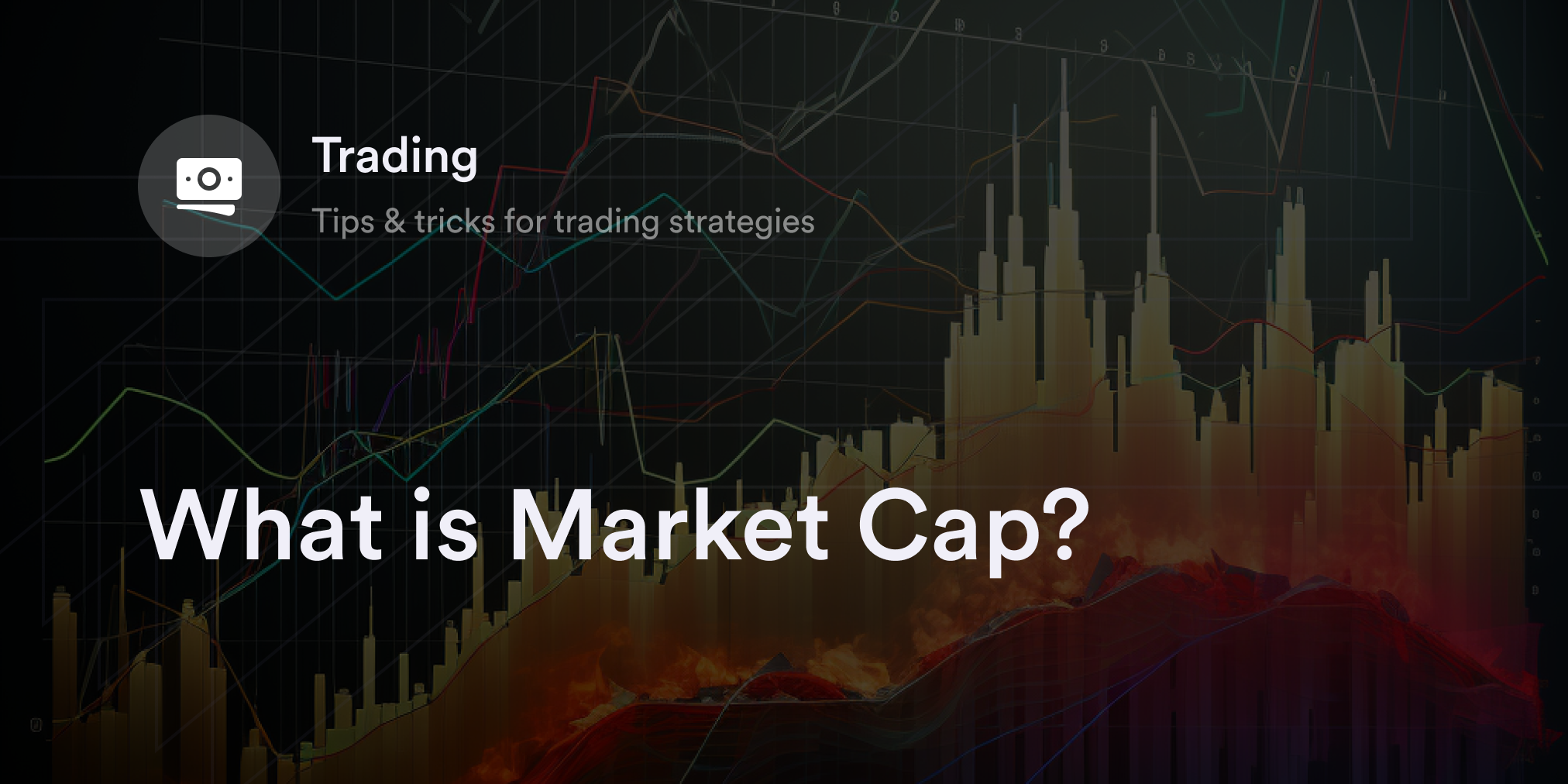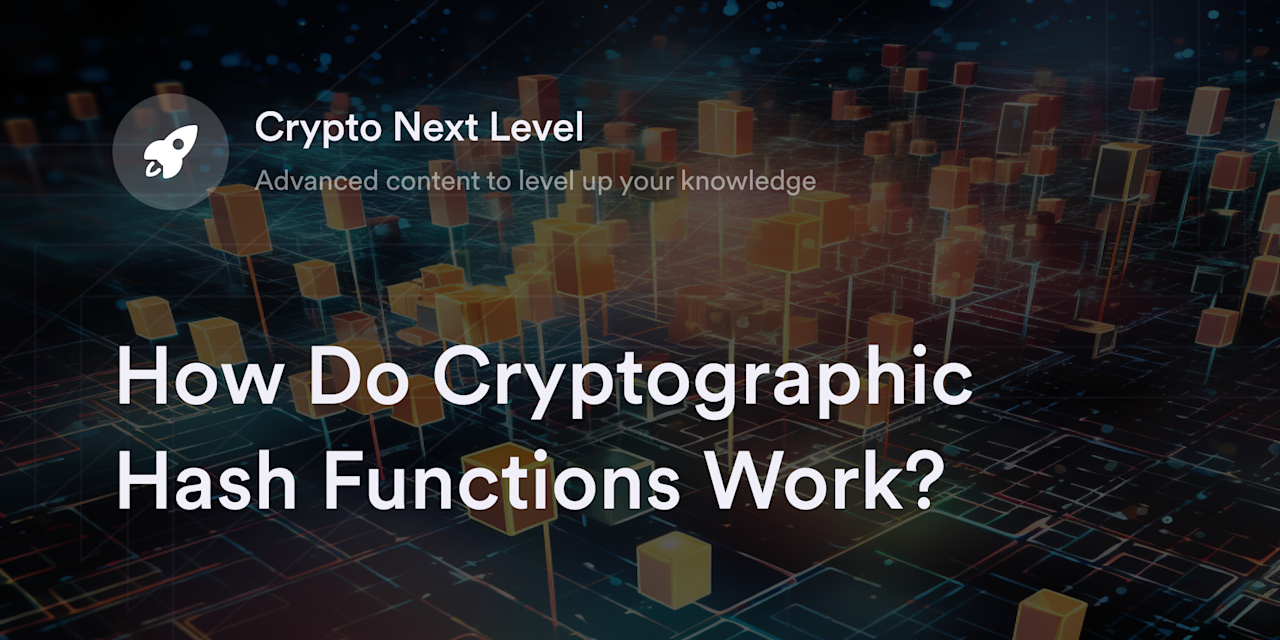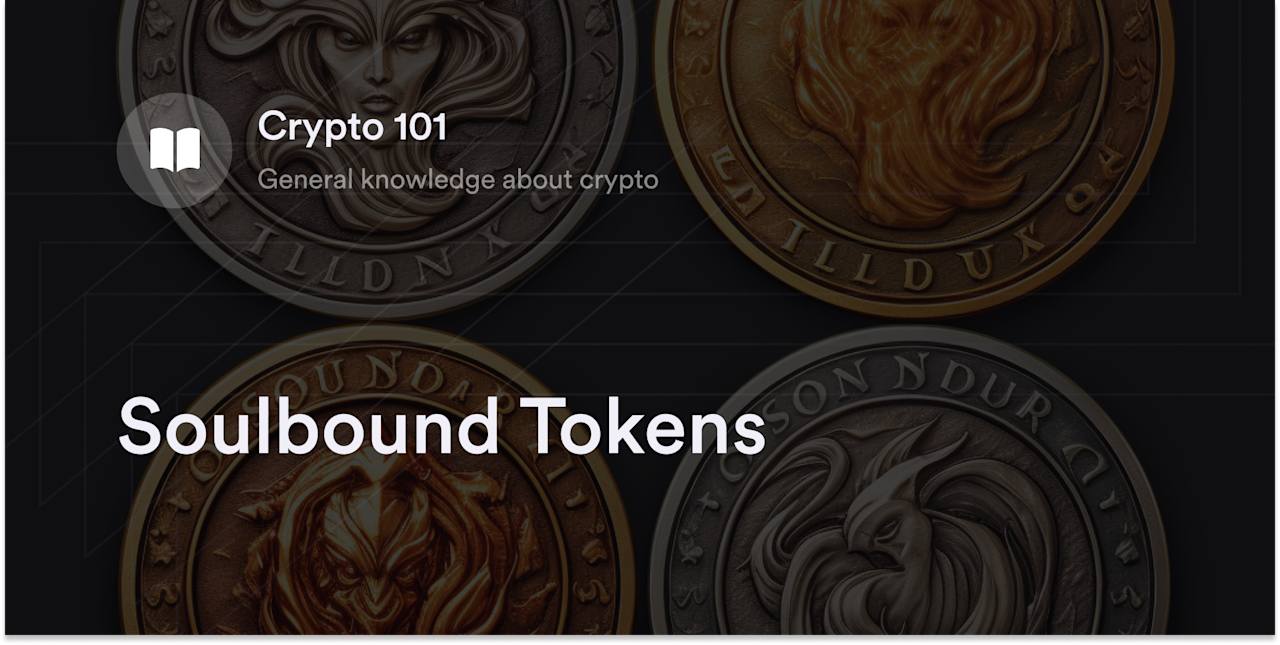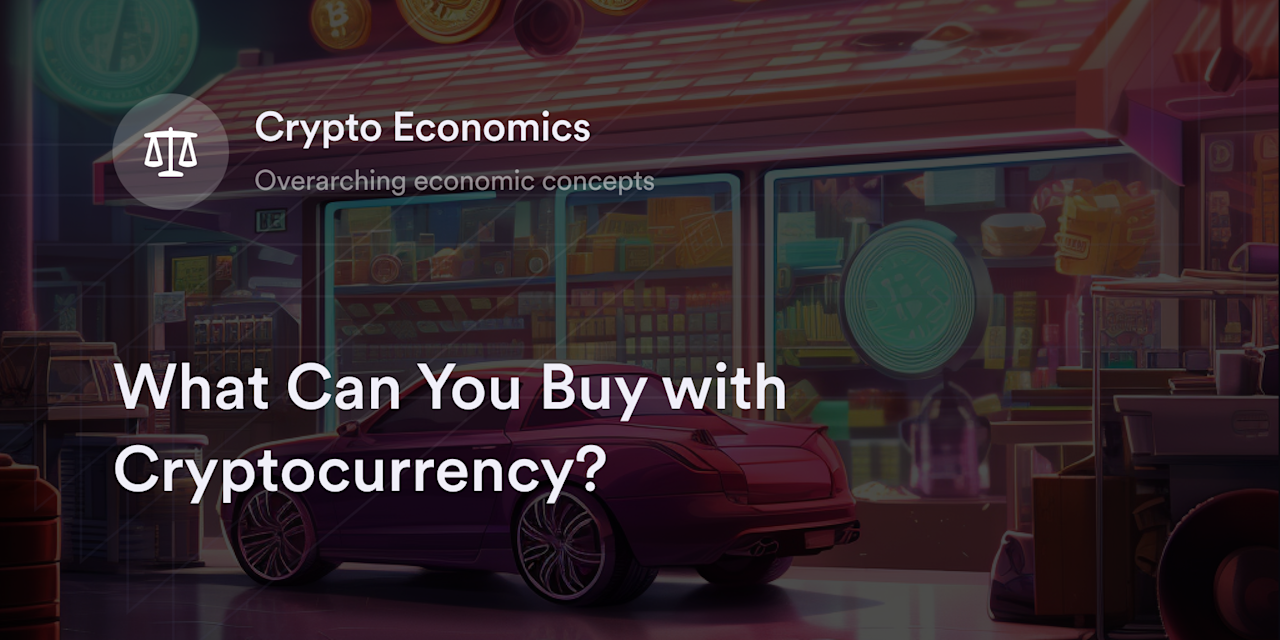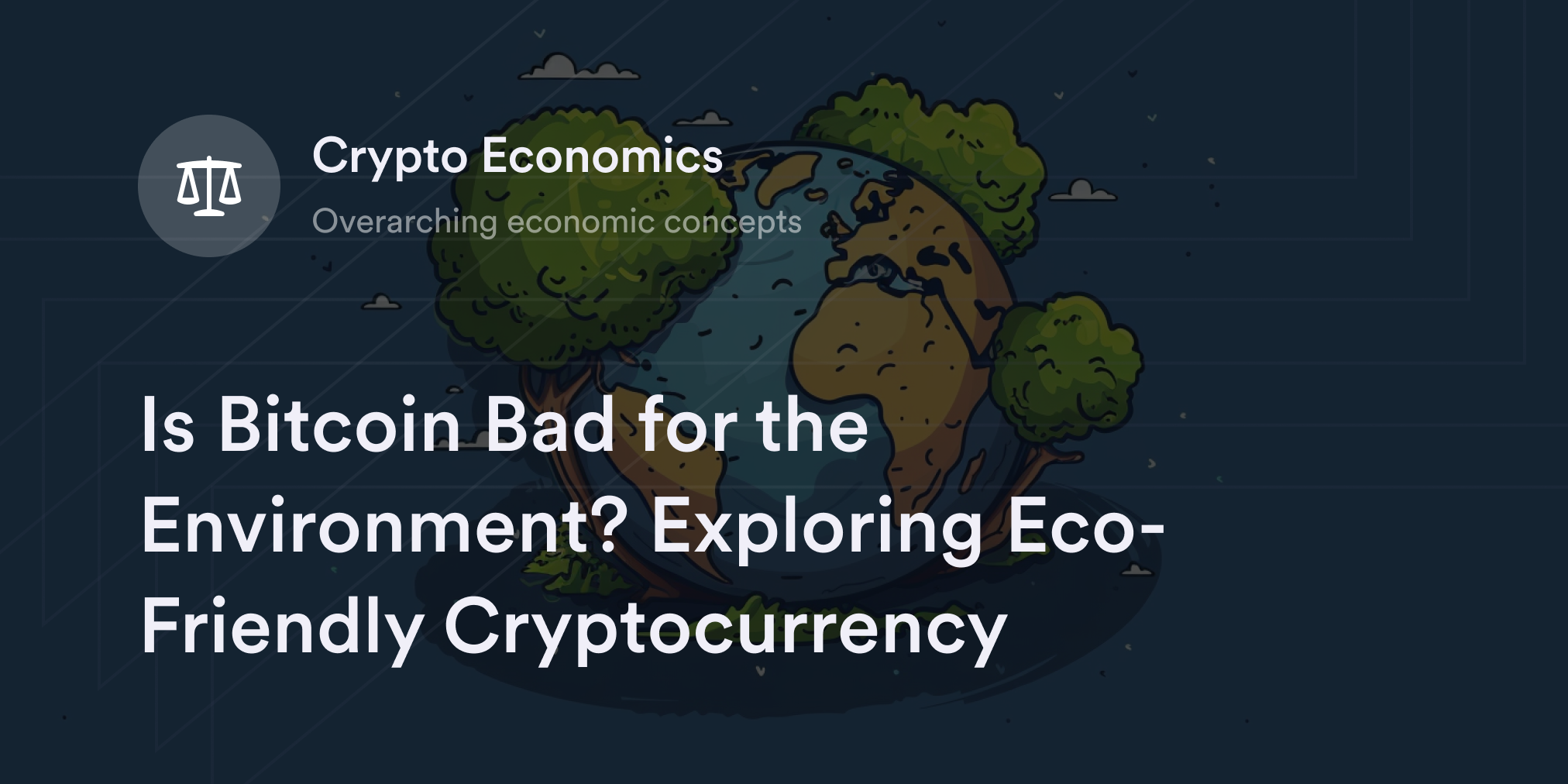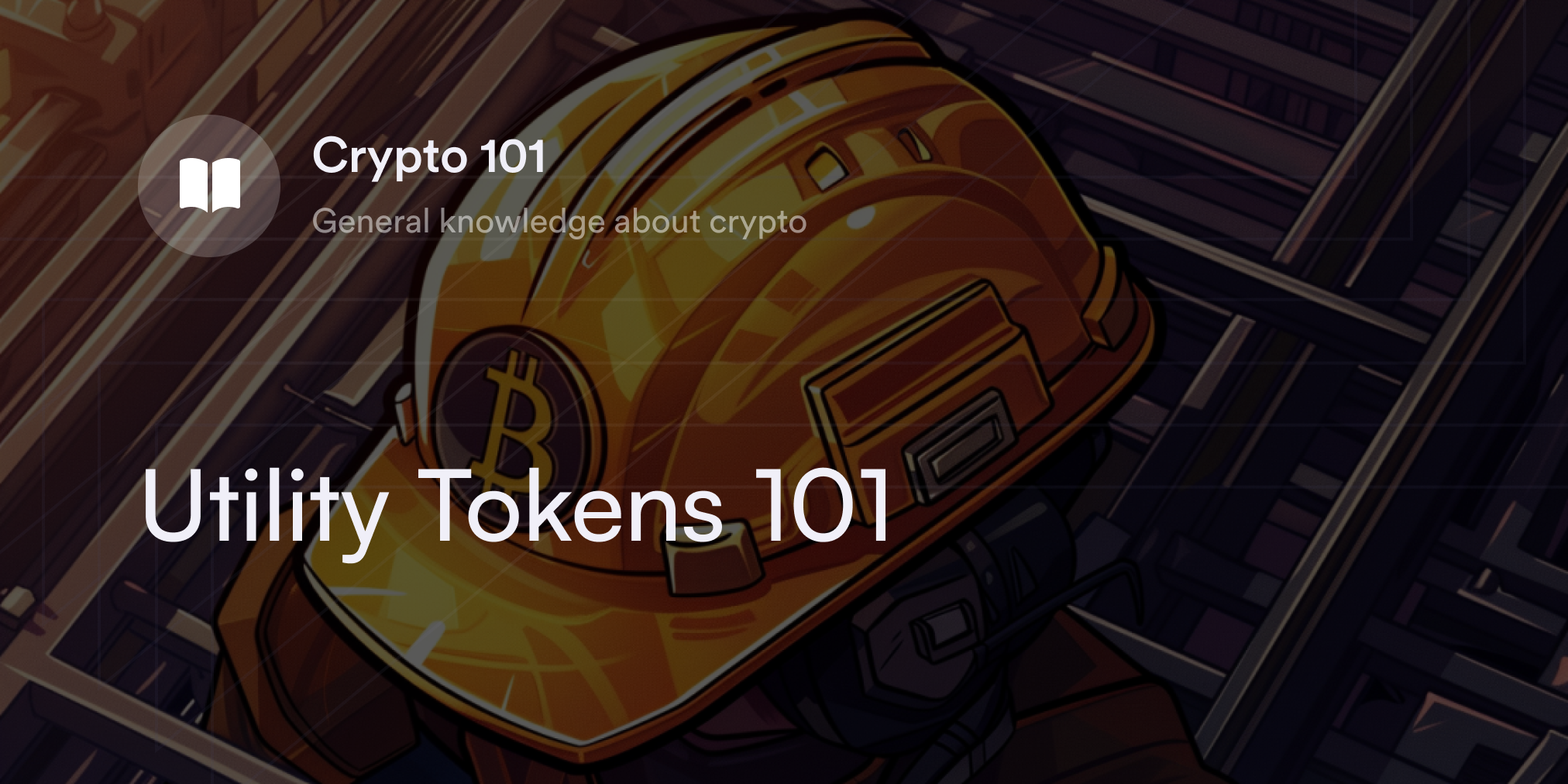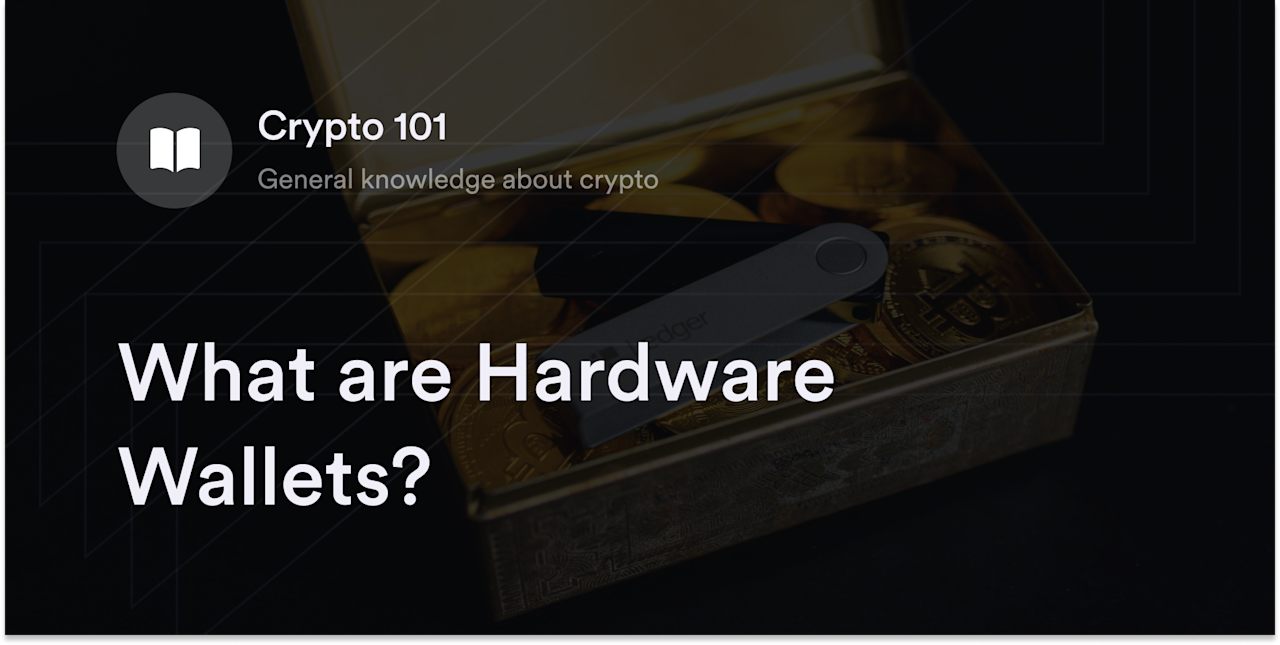
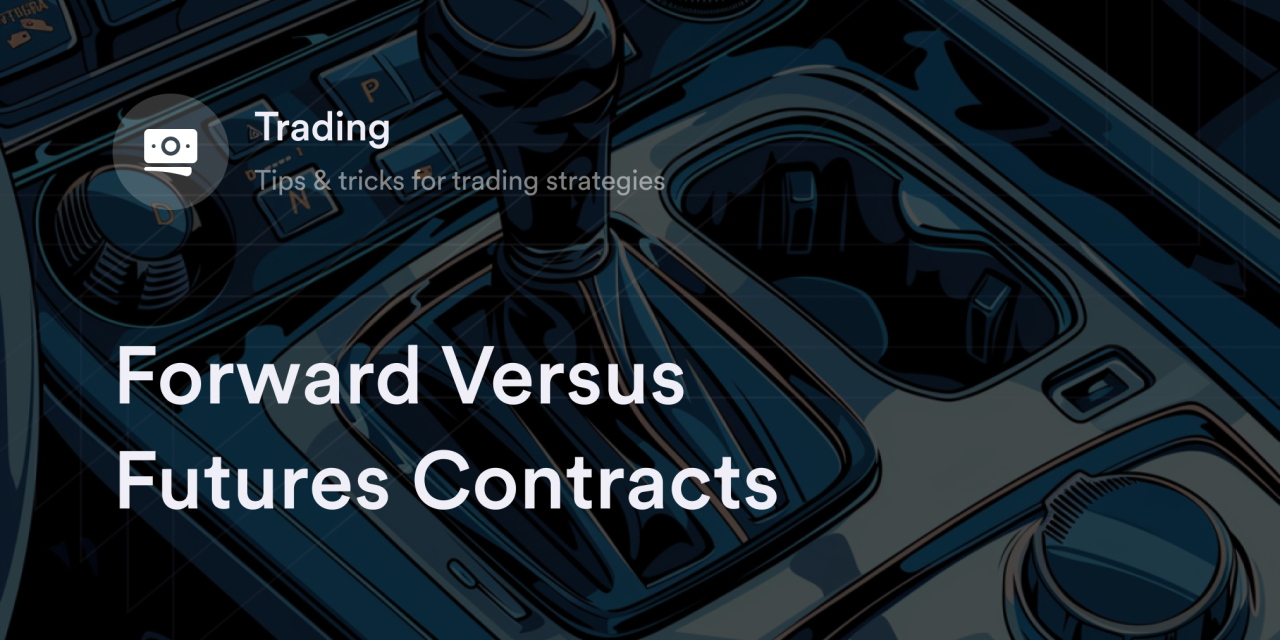

Derivatives are financial instruments with a long history in traditional finance, but they’ve also become a significant force in the emerging cryptocurrency space. According to recent statistics, derivatives account for trillions in monthly trading volume and more than 60% of trading activity in the crypto market. Although dozens of crypto derivatives exist, futures have become a dominant offering on many crypto exchanges. And the two major products within the futures market are forward and futures contracts.
While both contracts share many similarities, there are noteworthy distinctions in how and where people trade them. That’s why understanding the differences between forward and futures contracts and how other traders choose derivatives is key to making informed trading decisions.
But before we review these contracts, let’s first understand the basics of futures trading.
What is Futures Trading?
Futures trading involves buying and selling contracts that speculate on an underlying asset’s future price. Futures are considered “derivatives” because they “derive” value from whichever asset they track. When people trade forward or futures contracts, they exchange contractual agreements related to a specific asset rather than the asset itself. Each contract in the futures market has a particular quantity, price, and often an expiration date at which the seller must transfer the underlying asset to the contract buyer.
Initially, farmers used futures contracts to secure reliable crop prices at a future date. Although commodities still trade on the futures market, traders can purchase futures for any tradeable asset. From precious metals to Bitcoin (BTC) and corn bushels, today’s traders can access futures for every conceivable asset class.
What are Futures Contracts?
Futures contracts are derivative products that trade in relation to assets like oil or cryptocurrency. Each contract has a pre-set quantity of the underlying asset at a fixed price with an expiry date. These only trade on public exchanges and have clear terms and conditions. For example, each Crude Oil Futures equals 1,000 barrels per contract and expires at pre-arranged monthly or quarterly intervals. Traders either accept the terms of an exchange’s futures contracts or reject them—there’s no room for negotiation. Also, the two defining features of futures contracts are standardization and transparency.
What are Forward Contracts?
Forward contracts are also agreements to buy or sell an asset at a specified price, quantity, and expiration date, but they don’t trade on the public market. Instead, they’re private arrangements settled off-exchange in over-the-counter (OTC) deals. For context, OTC refers to any transactions between two parties without involving exchanges . Since forward contracts aren’t publicly viewable, they offer traders greater flexibility and anonymity when setting up terms. However, these contracts aren’t as transparent or regulated as their publicly traded futures equivalents. People who enter forward contracts need to trust the counterparty in their trade will honor their commitments without third-party intervention.
Forward Versus Futures Contracts
The primary difference between forward and futures contracts is that the former trades off public exchanges, while the latter always trades in public markets. If traders want to arrange a forward contract, they must work with a private financial institution or an individual to write and agree to a contract. With futures, however, exchanges match buyers with sellers during regular trading hours.
Because forward contracts don’t involve public exchanges, it’s easier for traders to customize their contract’s terms and conditions. For example, in a forward contract, traders could agree to trade 1,253 barrels of oil at a pre-set rate rather than the standard of 1,000 barrels per contract. The only non-negotiable feature of a forward contract is its expiration date. Since forwards don’t trade on exchanges, the two parties in the contract can only close their agreement at the pre-established maturity date.
In contrast, futures contracts need to have clear and standardized terms for convenient trading on public marketplaces. While the standardization of futures limits a trader’s options, it gives them greater freedom to buy and sell their contracts whenever they want. Futures traders don’t need to hold contracts until expiration if they wish to exit a trade.
Futures Versus Options
Options are another variety of derivatives similar to futures and forward contracts. Although options contracts speculate on the future price of underlying assets, they aren’t as binding as futures. As the name implies, an “option” allows people to buy or sell an asset at a specific price by a particular date. Futures, on the other hand, require buyers and sellers to fulfill the contract’s terms and conditions by expiration.
For instance, if a trader has a call option to buy 1 BTC at $25,000, they can buy 1 BTC at $25,000 regardless of Bitcoin’s market price. If Bitcoin trades to $40,000 before this contract expires, this trader has the option to buy BTC at a $15,000 discount. But if BTC trades sideways or plunges, the option holder doesn’t have to exercise the contract. In contrast, someone who sells a futures contract for 1 BTC at $25,000 must transfer this BTC or an equivalent cash settlement to the contract’s buyer by the expiration date.
How do Traders Choose Between Futures and Forward Contracts?
Futures contracts are more accessible and tradable on public markets, making them the preferred choice for traders interested in price speculation. Since futures traders don’t need to wait until the expiration date to realize gains or cut losses and because derivatives exchanges trade these contracts during regular business hours, these contracts are highly convenient. Although futures lack the customizability of forward arrangements, they’re easier to sell, more transparent, and have a lower counterparty risk of default.
If traders want a set of agreements unavailable on futures contracts, they may consider opening a forward arrangement with private clients. Forwards have the advantage of flexible terms, so people don’t have to rely on the standard rates associated with futures contracts. They may also look for other types of forward contracts to preserve privacy or make a massive trade. Sometimes, “crypto whales” use OTC desks to transfer large amounts of crypto off exchanges to avoid triggering major price fluctuations in the cryptocurrency’s market value. However, anyone using forwards should recognize that these agreements have a higher risk of default than futures contracts.
Eligible Traders can Trade Crypto Perpetuals on dYdX
Perpetuals are a new type of futures contract that gives you access to crypto prices without worrying about expiration dates. Unlike standard futures, perpetuals never expire, so you don’t need to constantly renew contracts to bet on a crypto asset’s price.
For more details on how perpetuals differ from other derivatives and dYdX's product offering, read through dYdX’s blog. And if you’re interested in learning more about the cryptocurrency ecosystem, head to our Academy. We have a wealth of resources on topics such as double spending, peer-to-peer, and remittances.
Eligible traders can also access dozens of crypto perpetuals with up to 20x leverage on dYdX’s decentralized exchange.
Start trading on dYdX today!
Disclaimer
The content of this article (the “Article”) is provided for general informational purposes only. Reference to any specific strategy, technique, product, service, or entity does not constitute an endorsement or recommendation by dYdX Trading Inc., or any affiliate, agent, or representative thereof (“dYdX”). Use of strategies, techniques, products or services referenced in this Article may involve material risks, including the risk of financial losses arising from the volatility, operational loss, or nonconsensual liquidation of digital assets. The content of this Article does not constitute, and should not be considered, construed, or relied upon as, financial advice, legal advice, tax advice, investment advice, or advice of any other nature; and the content of this Article is not an offer, solicitation or call to action to make any investment, or purchase any crypto asset, of any kind. dYdX makes no representation, assurance or guarantee as to the accuracy, completeness, timeliness, suitability, or validity of any information in this Article or any third-party website that may be linked to it. You are solely responsible for conducting independent research, performing due diligence, and/or seeking advice from a professional advisor prior to taking any financial, tax, legal, or investment action.
You may only use the dYdX Services in compliance with the dYdX Terms of Use available here, including the geographic restrictions therein.
Any applicable sponsorship in connection with this Article will be disclosed, and any reference to a sponsor in this Article is for disclosure purposes, or informational in nature, and in any event is not a call to action to make an investment, acquire a service or product, or purchase crypto assets. This Article does not offer the purchase or sale of any financial instruments or related services.
By accessing this Article and taking any action in connection with the information contained in this Article, you agree that dYdX is not responsible, directly or indirectly, for any errors, omissions, or delays related to this Article, or any damage, injury, or loss incurred in connection with use of or reliance on the content of this Article, including any specific strategy, technique, product, service, or entity that may be referenced in the Article.
